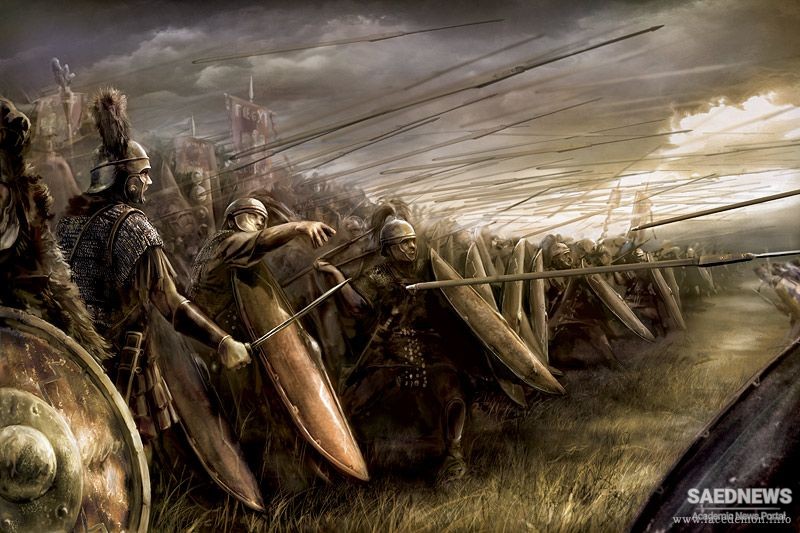The history of the Parthian kingdom presents a special problem, since the sources on which it must be based are both fragmentary and extraneous. In the present state of knowledge, information originating from authentic Parthian sources is scanty in the extreme. Almost all the particulars available are derived from histories written in either Greek or Latin. Both the Seleucid kings of Syria, and the Roman republic and empire, the patrons of the majority of writers concerned with this subject, were frequently at war with Parthia, so that the tone of the writings is naturally often tinged with hostility. Yet more serious for our understanding than direct hostility (which could easily be discounted) is their lack of inner understanding of Parthia and its society. Such matters as the dominant Parthian ideals and aspirations, or the ethnic and linguistic make-up of the kingdom, would not have been apparent to uninformed observers under the stress of military operations. Moreover, the literary fashion of the classical world frowned on detailed descriptions of far-away peoples and places, as is clear from the scornful comment of Lucian on the author of a Parthian history "who gives, according to his own idea, the clearest, most convincing description of every town, mountain, plain or river... Why, Vologesus's breeches or his bridle, God bless me, they take up several thousand lines apiece." Some at least of these supposedly unnecessary details would have the greatest interest for the present-day historian. Yet it is only occasionally that the prevailing narrowness of outlook of the classical historians is offset by details supplied by authors resident in the Greek cities within the Parthian state, and thus possessing closer acquaintance with the Arsacids and their society. Fragments from the lost Parthica of Apollodorus of Artemita, a Greek city of eastern Iraq, are often quoted in the Geography of Strab. Tarn believed that the detailed account of Parthian history contained in books XLI and XLII of the lost Historiae Philippicae of Pompeius Trogus derived from a second Greek author, distinct from Apollodorus.


 Parthian Key Military Tactic
Parthian Key Military Tactic














































